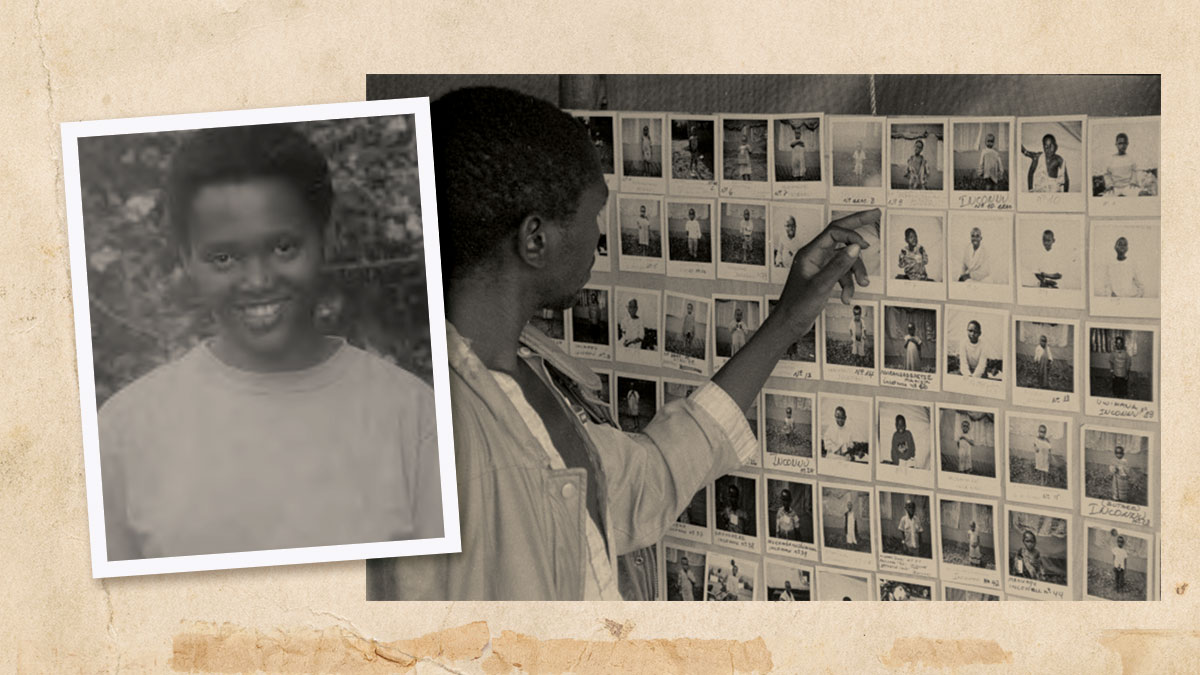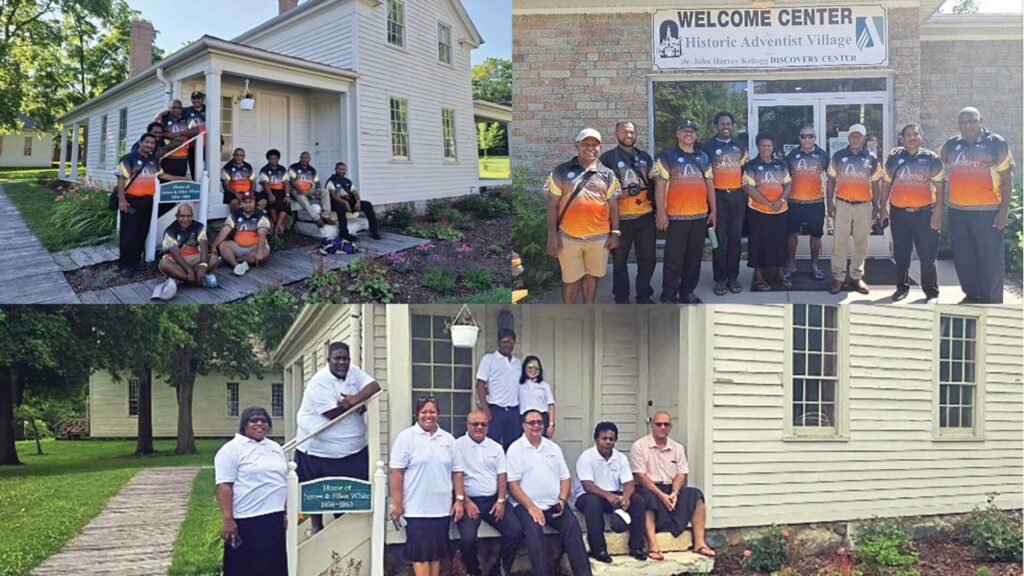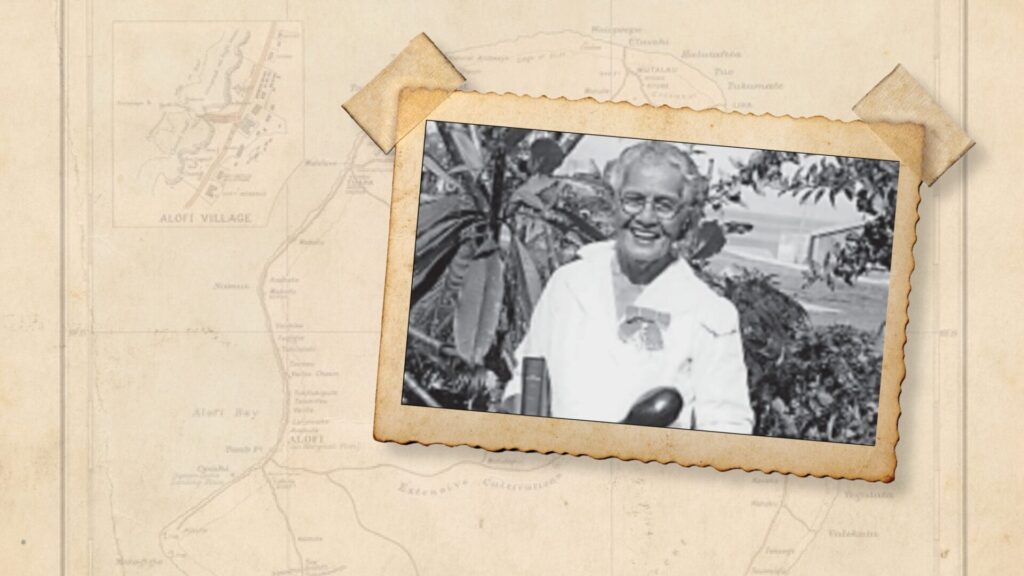In 1994, now 30 years ago, Rwanda experienced one of the worst genocides of recent history. Within the span of roughly 100 days, from April 6 to July 18, somewhere between 800,000 and 1 million individuals were murdered across the country by extremist Hutu groups, making it one of the highest-volume genocides in history.1 The target of these crimes were people of Tutsi ethnicity, following the assassination of the prime minister, a Tutsi woman. A proliferation of propaganda through radio broadcasts and media, released by extremist Hutu groups, encouraged civilians to slaughter, rape, torture and brutally murder the entire Tutsi population in Rwanda.
Amid this time of horror, Ruth Mukundiyukuli—a then 19-year-old Tutsi girl—experienced the power of God through miraculous intervention and prayer.
Ruth was living in the house of a missionary couple, Kaj and Borghild Rasmussen, which acted as a safe house for her and others during the genocide. The Rasmussens were forcibly evacuated from Rwanda on April 21, leaving Ruth alone with two other Tutsis in the residence. However, despite her fears and her youth, Ruth turned this home into a church. Three days a week were devoted to prayer, and those attending the prayer meetings at their house increased to almost 20 attendees by the end of the 100-day-war. Astonishingly, their prayer group had such a profound impact that even one of the Hutu members seeking to capture Ruth joined the prayer meetings. By the end of the war, several Hutus had joined the prayer meetings to learn about God and study the Bible.
The Hutu soldiers were fearful of the missionary safe house. On one occasion when a notoriously violent local soldier came up to the house, Ruth went outside to meet him carrying her Bible. He screamed for her to take the Bible back inside, and when she refused, he left in fear.
The Hutu militia refused to enter the missionary safe house and decided to wait for the occupants’ food supply to run out. Their plan was to attack as soon as those inside left the house to buy more food. When the food ran out towards the end of April, however, an Adventist man brought food to the house for the next two months, at great risk to his life. Miraculously, the soldiers manning the checkpoint near the house never noticed him. ”The three never missed a single meal and were, in fact, better off than many of those who were seeking to take their lives” (Record, April 1, 1995).
On another occasion, the house ran out of gas to cook food. One of the men who had been planning to kill Ruth and the other Tutsis and loot the house suddenly had a change of heart. ”Instead, he brought them a kerosene stove and fuel to run it” (Record, April 1, 1995). Then in May, the water supplies were exhausted—even the town water had completely run out. After praying about it, the water started running in the pipes again. The water ran until they had filled up their water tanks before the pipes ran dry again.
Numerous times the Hutu militia came to kill the three hiding in the house, and yet every time they came, something prevented them from entering. Only once did armed men enter the house, ordering the three to go outside onto the lawn. They were each tied up to be shot. But without reason or explanation, all the armed men left, leaving the three unharmed and alive.
Ruth prayed earnestly during her time at the safe house, and each of her prayers were answered in a mighty way. While devastation and sorrow abounded, God shone the light of hope into her world and showed up in a powerful way to answer her prayers.
She said, ”I can’t tell you why I was saved in a country where so many with great faith died. It’s hard to believe that miracles can still occur right in the middle of evil and utter carnage. The way my new mother, Mrs Rasmussen, explains it has helped. She says, ’Christ healed Romans and Jews alike when He was on earth—but He didn’t choose to heal everyone. John the Baptist had his head cut off within a few kilometres of his cousin who had the power to save him. God sees what is best. Can we say that it’s better for us to be alive or to be dead? Happy are those who are dead in the Lord. Those spared have a purpose. Only God knows the whole picture’” (Record, April 1, 1995).






